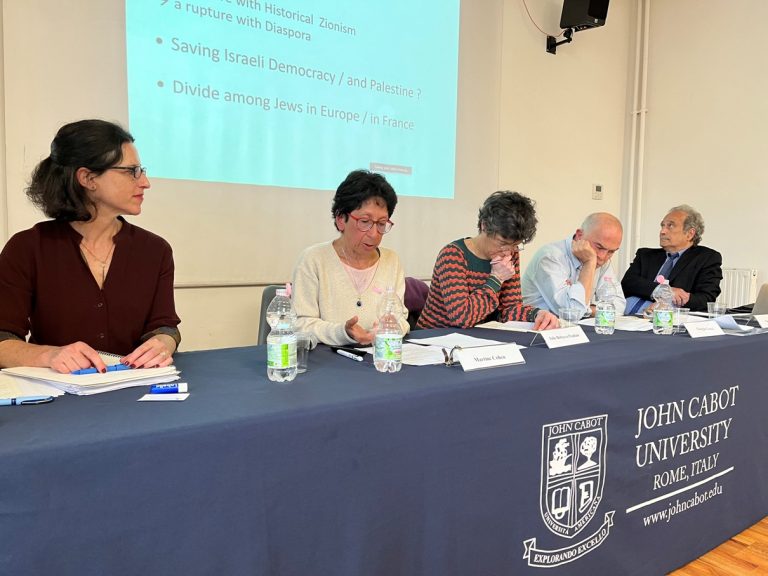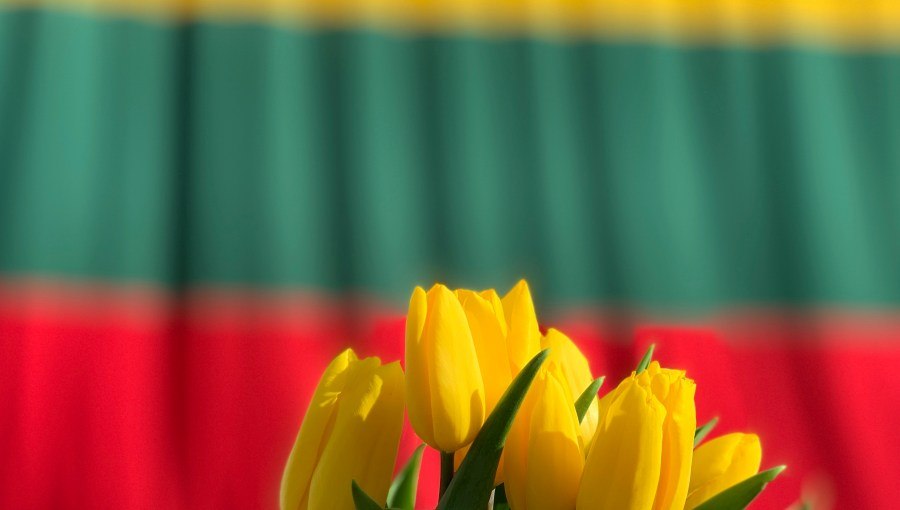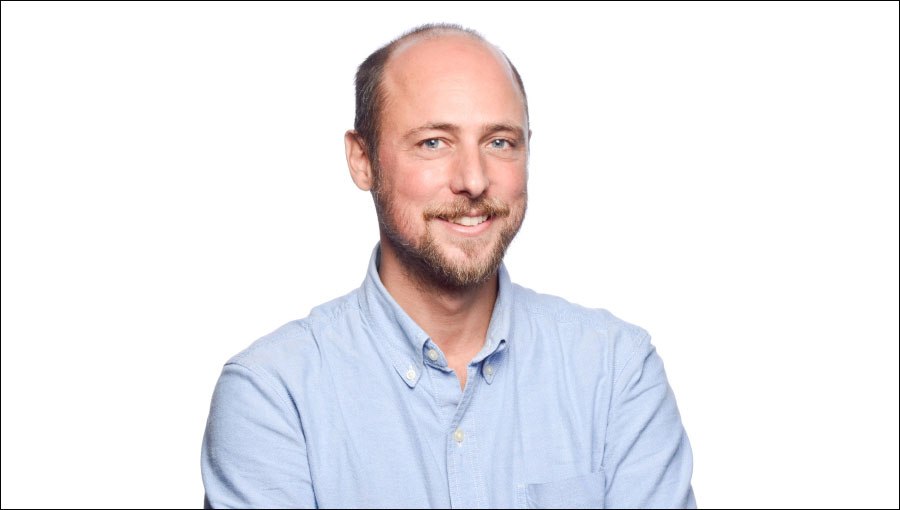JCU Welcomes Martine Cohen for a Conference on the Future of Jewish Citizenship and Multiculturalism in Europe
The Department of Political Science and International Affairs, the JCU Interfaith Alliance, and Beth Hillel, the progressive Jewish community of Rome, organized a conference on “The Future of Jewish Citizenship and Multiculturalism in Europe,” on May 18, 2023. The talk featured a presentation of the book Fin du franco-judaisme? Quelle place pour les Juifs dans une France multiculturelle? (The End of French Judaism? The place of the Jews in a multicultural France) by French sociologist Martine Cohen.

The event saw the participation of the author, Martine Cohen (research fellow in the Societies, Religions, Secularism Group laboratory of the Centre national de la recherche scientifique in Paris), Giorgio Gomel (economist and expert in Middle Eastern politics, Istituto Affari Internazionali), David Meghnagi (antisemitism expert and professor of psychology at Roma Tre University,) and Julie Rebecca Poulain (artist, philosopher, and professor at Lycée Chateaubriand de Rome). The talk was moderated by JCU Professor of Law, Pamela Harris.
Following JCU President Franco Pavoncello’s introductory remarks, Cohen explained that her talk would focus on three main topics, namely, the two sides of Jewish identity, Europe’s transformation after World War II, and what it means to be a Jew in Europe today. She explained that Jewish identity is divided between the religious dimension, which includes beliefs and practices, and the sense of belonging to a Jewish people, which is of a more secular nature.
Cohen then outlined the main turning points for Jews in Europe following World War II. She explained that in 1945, countries in Western Europe became pluralist democracies and started giving importance to human rights. In 1989, following the Soviet Bloc’s fall, Europe saw a return to ethnic nationalism, and in February 2022, following Russia’s invasion of Ukraine, a celebration of European democratic values started to emerge.
Regarding what it means to be a Jew in Europe today, Cohen highlighted two main points. She mentioned the difficulties brought about by the demographic decline and the new anti-Semitism, manifested in the rise of the extreme right and Holocaust denial. At the same time, she affirmed that the situation today is better than before because both civil society and the State condemn anti-Semitism.
Cohen focused in on Jewish life in France, explaining that, after 1945, new Jewish institutions were established which advanced a social, cultural, and political dimension of Jewish identity. She explained some differences between ultraorthodox Jews, on the one hand, and the modern Orthodox movement, on the other, and highlighted the diversity of Jewish religious and cultural expressions in contemporary France. As for what she believes the options going forward for Jews in Europe are, she suggested supporting and getting involved in interfaith dialogue, cultural initiatives, and common social battles with non-Jews.
Cohen’s talk was followed by a panel discussion, and she concluded by saying that “Jews are one of the most ancient minorities in Europe, they can be a model of resilience and national citizenship, while also retaining their Jewish identity and traditions.”





